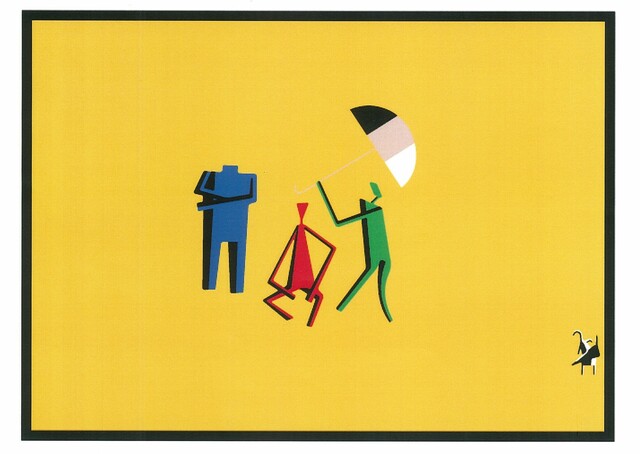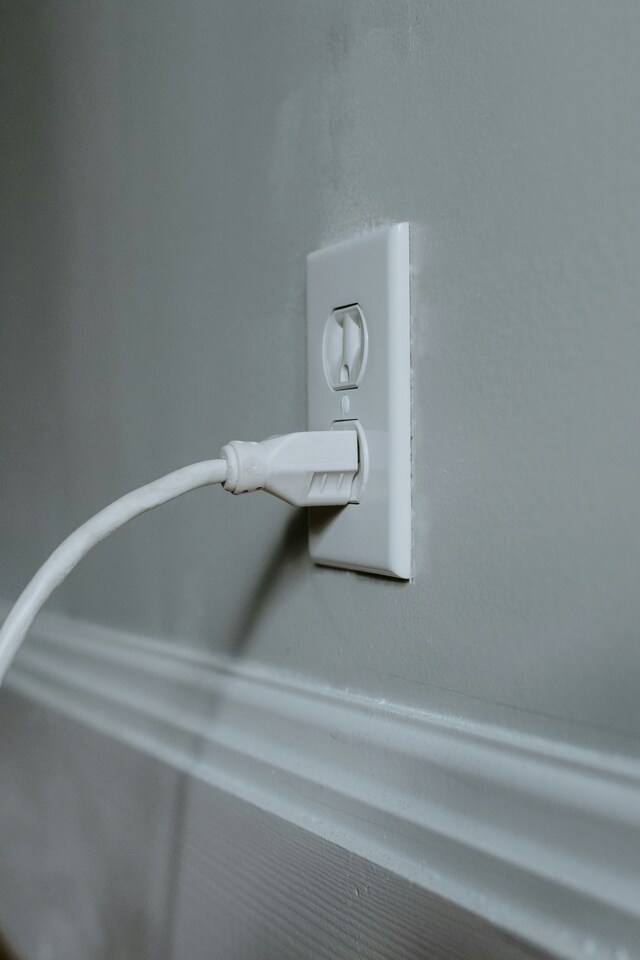Victorians experiencing family violence will have more protection with the creation of new stand-alone non-fatal strangulation offences.
The state government introduced the Crimes Amendment (Non-fatal Strangulation) Bill 2023 into Parliament in response to advocacy and research which shows that someone who survives non-fatal strangulation by a current or former partner is seven times more likely to be seriously injured or murdered by that partner.
The reforms will create two offences. First, an offence of intentional non-fatal strangulation, which does not require proof of injury will carry a maximum five-year prison term. A second more serious offence of non-fatal strangulation where a perpetrator intentionally causes injury, will be created with a maximum penalty of 10 years.
A consent defence will be available for the five-year offence. In the context of sexual activity, this will be an affirmative consent defence to ensure that the same rigorous, victim-centred consent standards that apply in sexual offences also apply to sexual non-fatal strangulation.
This will provide protection for people who have engaged in genuinely consensual non-fatal strangulation during sexual activity and no intentional injury has occurred.
These reforms have been developed to better protect victim-survivors, including those who may not sustain any visible injuries, and to hold perpetrators to account who use strangulation to exert power and control over their family member.
Establishing non-fatal strangulation as a standalone offence provides a clear indication to the Victorian community of the severity of this conduct in family violence contexts.
Attorney-General Jaclyn Symes said non-fatal strangulation is rarely an isolated event.
“Instead it often reveals an ongoing and escalating pattern of coercive and controlling behaviour – especially when it occurs in family violence circumstances,” she said.
“We’ve listened to the concerns of those families affected by these acts of violence and the Bill will make this behaviour clear for what it is – controlling, dangerous and unacceptable.”

















